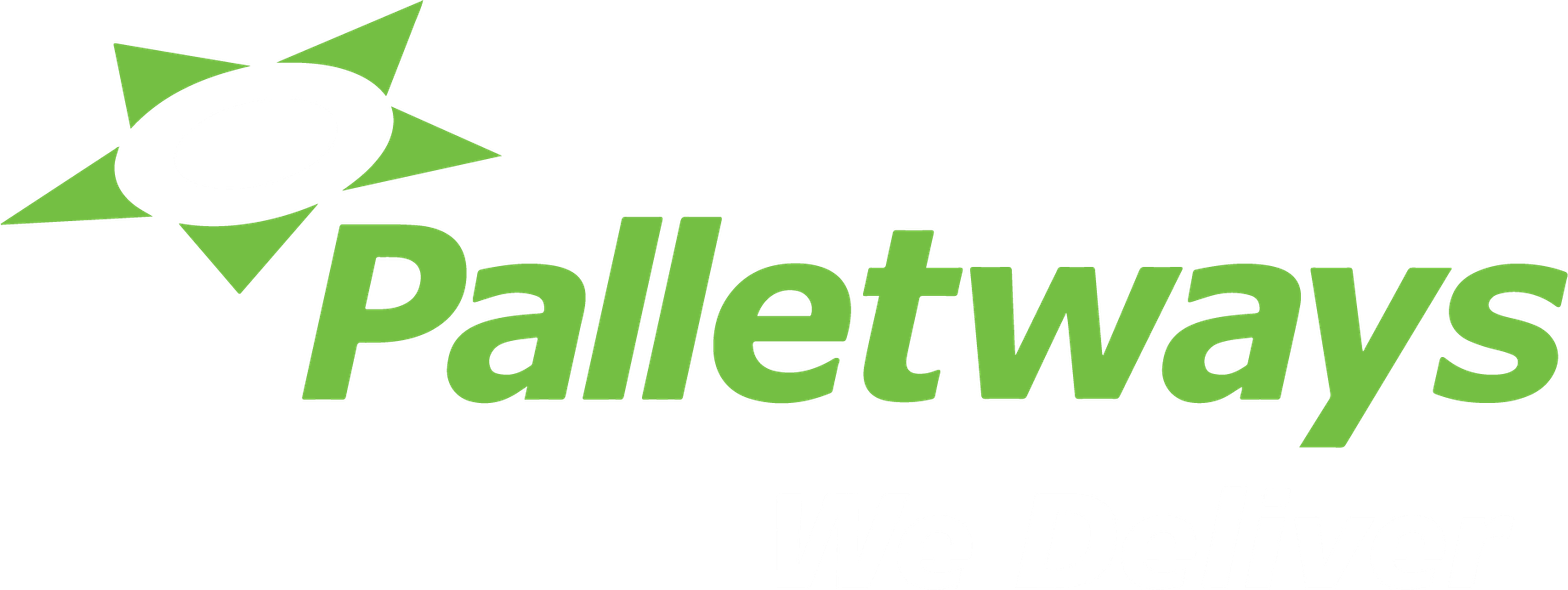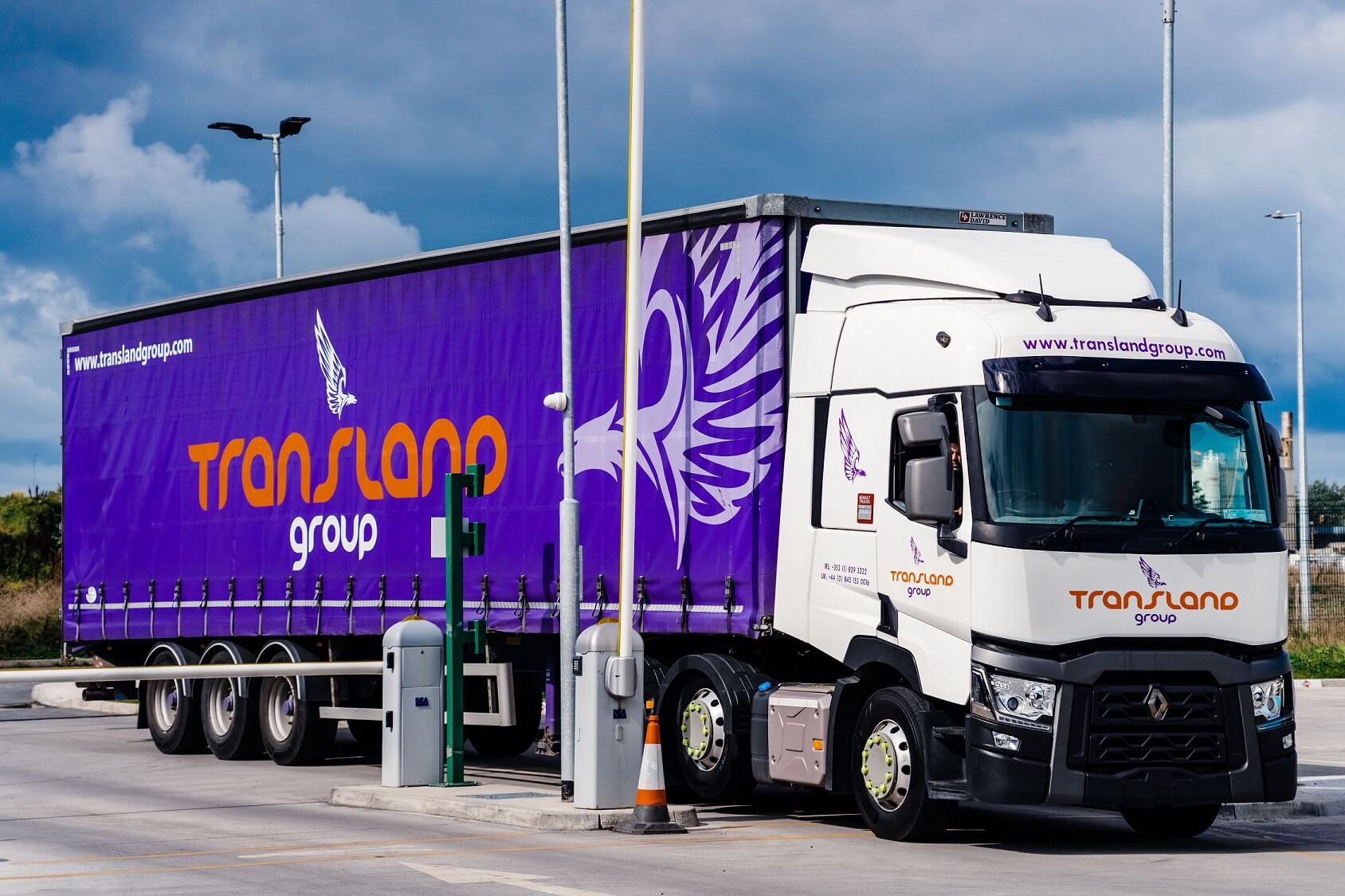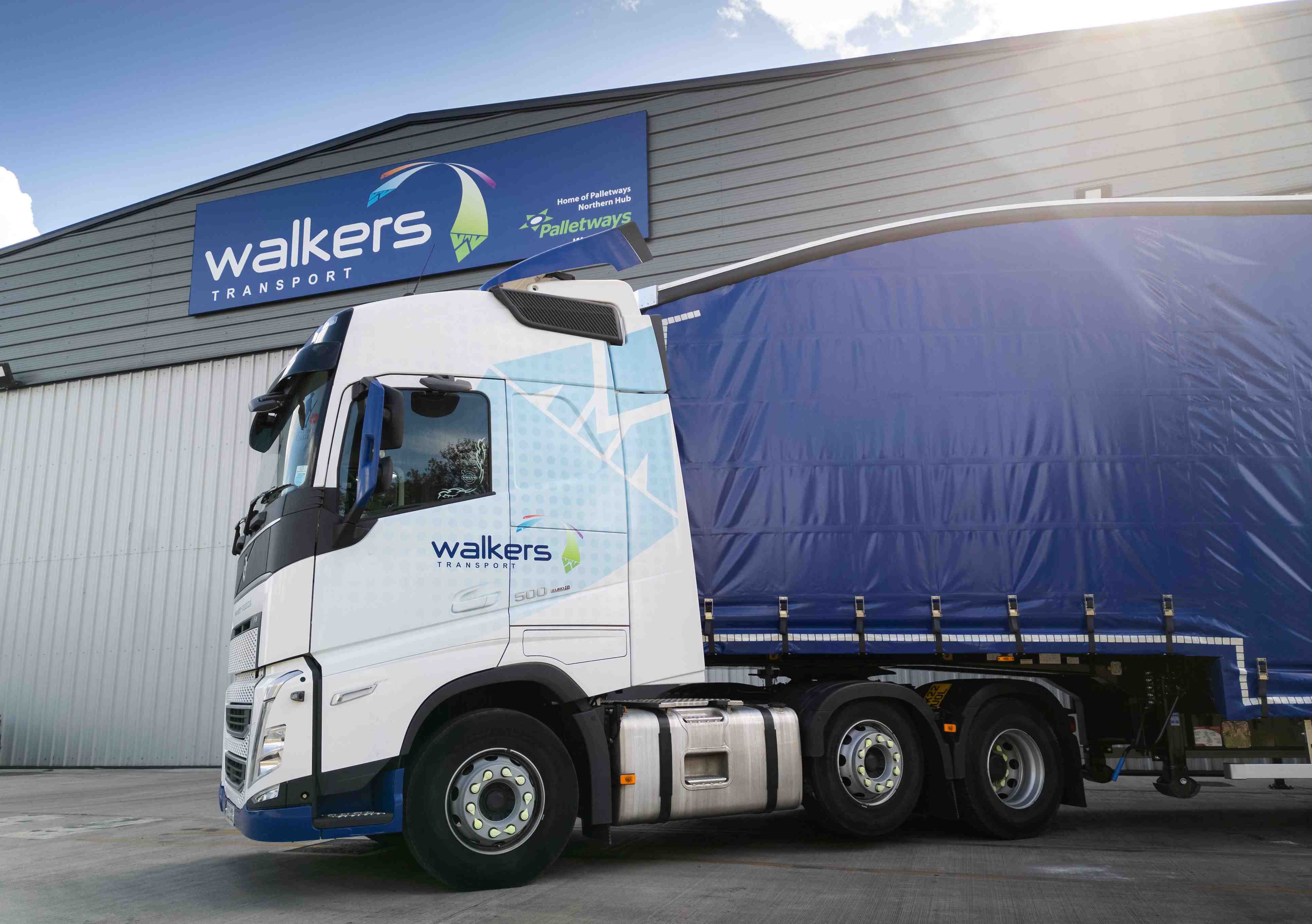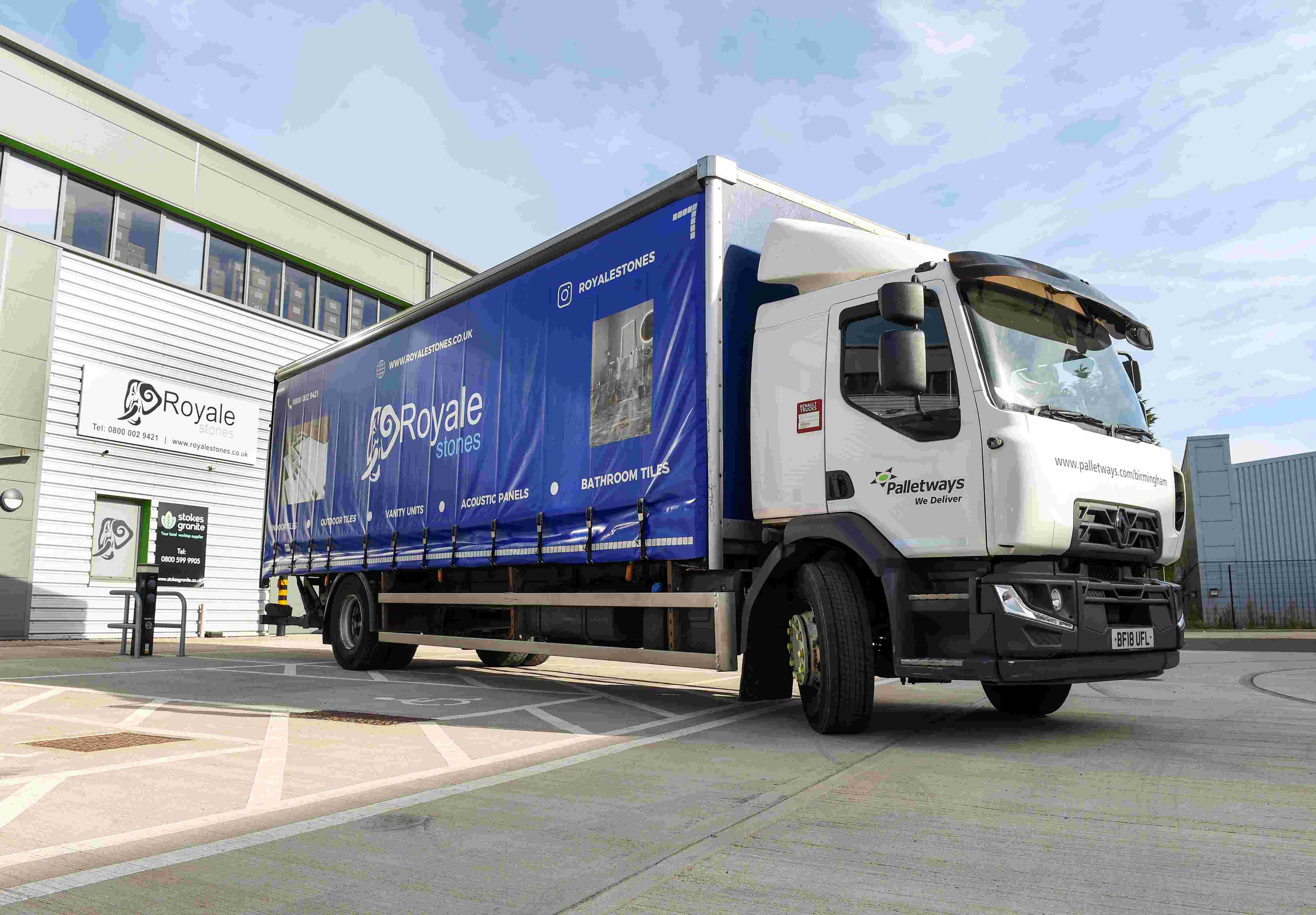Logisticians across the UK need to ensure they are adequately prepared to transition to a new reality when HMRC’s current customs entry process for goods exported from and imported to the UK is replaced with a new service in just a few weeks’ time.
After 30 years, HMRC’s current Customs Handling of Import and Export Freight (CHIEF) system will be replaced with the Customs Declaration Service (CDS). The CHIEF system will close for new import declarations from 30 September 2022 before the final and total closure in March 2023.
Essentially the change will signal a move from using paper-based rules on CHIEF to data processing rules on CDS. However, in addition to the data changes, software developers will also be required to change their software language.
Kelvin Jones, business development director at Transland Group, a member of Palletways UK which handles imports and exports to and from Ireland and from many European countries plus the UK, said it’s crucial businesses that import or export goods overseas urgently know how CDS will affect them: “Industry professionals worked hard to understand the raft of changes that were introduced following the UK’s withdrawal from Europe - it’s all change again and this can feel extremely overwhelming. Business should take action now to ensure goods can continue to be imported or exported without interruption.”
Starting with these priority actions businesses should:
Register for a Government Gateway account
Many businesses will already have a Government Gateway account to access their personal or business tax account. They need to use this to access and register for CDS.
Businesses should then urgently register their company on CDS. Companies will need their EORI number, if they already have one, Unique Tax Reference (UTR) number, business address held on customs records, national insurance number (if they’re an individual or sole trader) and the date they started their business.
Apply for an Economic Operators Registration and Identification (EORI) number
Businesses that move goods in and out of the UK will have an EORI which enables them to import goods. Businesses that haven’t imported before are unlikely to have one, so they need to apply immediately.
Set up a duty deferment account
CDS uses a separate HMRC bank account to CHIEF so businesses should complete a direct debit instruction with their bank.
The current Flexible Accounting System will be replaced with new cash accounts for CDS declarations. A cash account can be used to pay duties for goods when the declaration is made. Businesses will need the Customs Declaration Service Immediate (CDSI) reference number that was provided at the time the declaration was made. It will begin with the letters ‘CDSI’, followed by 12 numbers and letters.
Kelvin adds: “Collectively we need to learn lessons from the changes over the past 18 months to ensure goods continue to flow smoothly as soon as CDS comes into full effect as nobody wants to go through the delays we experienced last year. Of course, not everything is going to be plain sailing from the outset and it’s going to take time to get used to yet another new norm however, logisticians should take advantage of the knowledge, help and advice readily available. Transland has a 25-strong team in place across the Group who are solely focused on assisting with customs clearance and handling enquiries. Having access to experienced, knowledgeable team who are already well versed in CDS will be reassuring to those businesses with export or import requirements.
“We can explain in simple terms how to make the move to CDS and authorise agents to complete entries on customers’ behalf to ensure a smooth transition and to help them stay on top of future developments. We already assist with customs issues and enquiries for hundreds of members in the Palletways network so we’re well-placed to help others navigate these changes.”
For CDS advice, contact Transland: https://www.translandgroup.com/contact-us
More News









